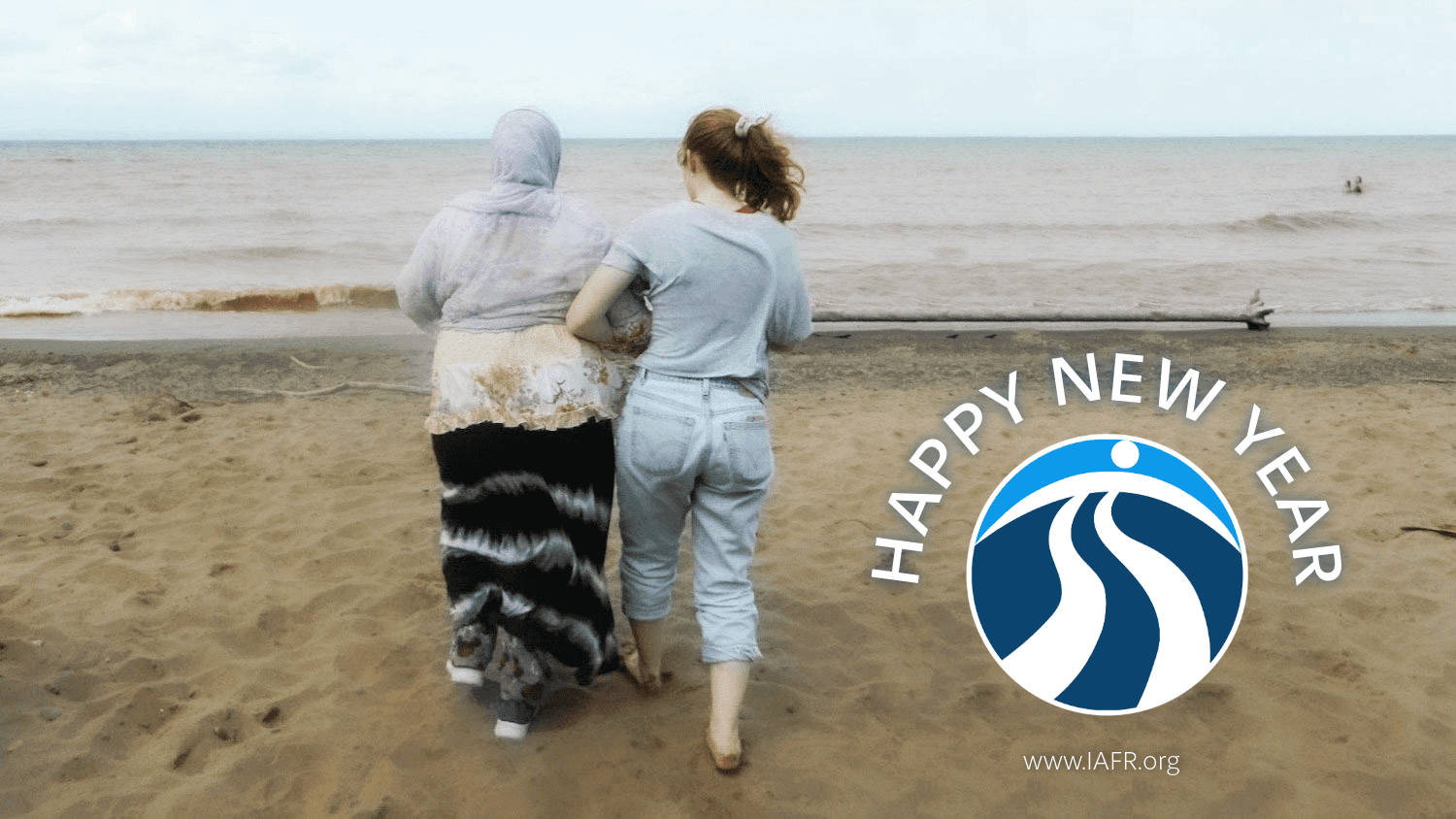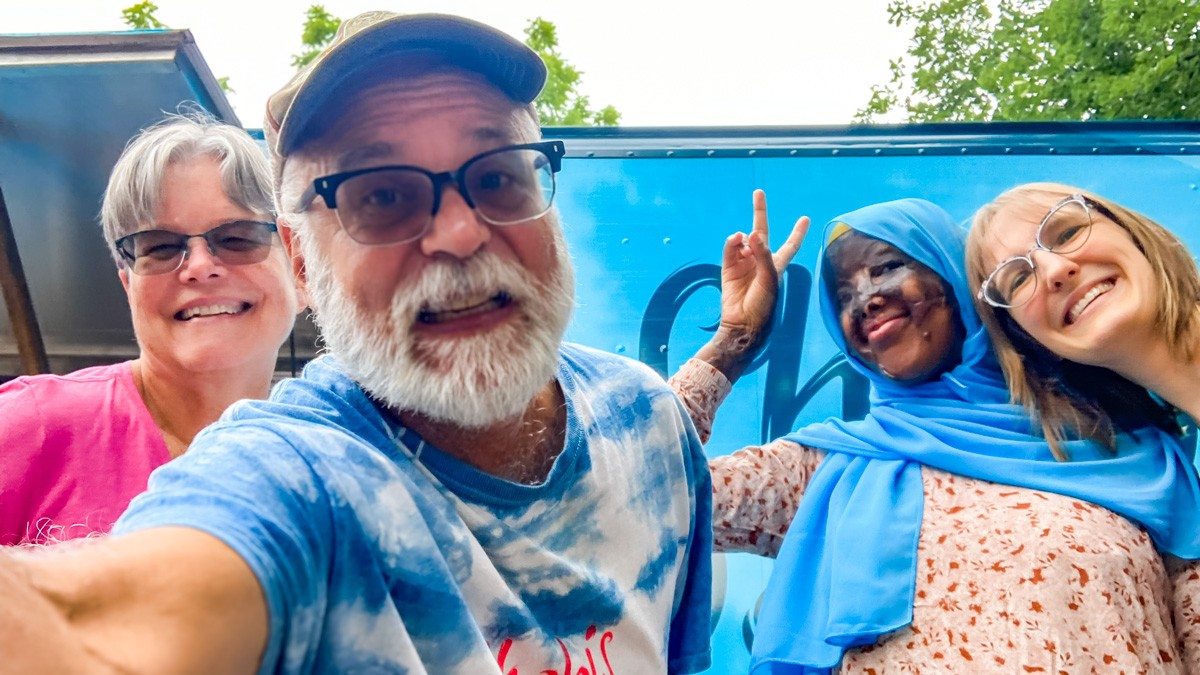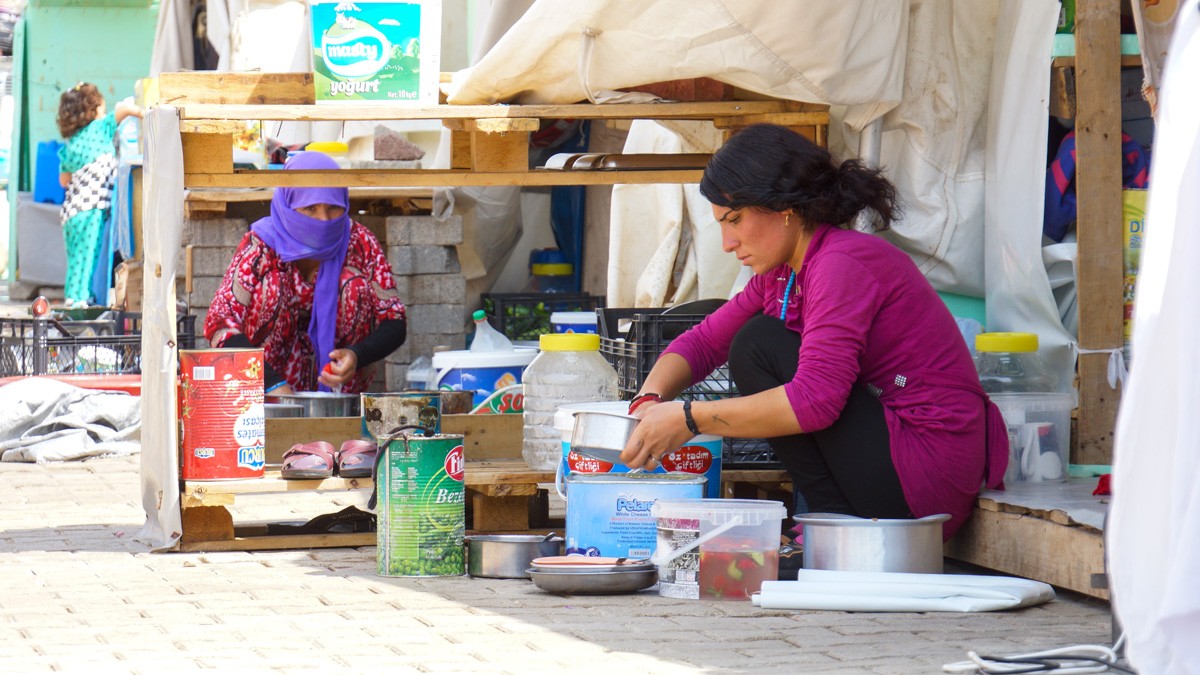Pursuing Educational Solutions
Oct 11, 2022
- Whitney Gerdes with Tom Albinson

25 million refugee children have no access to high school.
Refugee mothers and fathers are deeply concerned that their children are missing out on getting an education.
The UN estimates that 68% of refugee children have access to elementary school and only 37% have a chance of going to high school. That works out to about 25 million refugee children that aren’t able to attend high school.
The consequences of this lack of education for these children will be felt for generations.
But there is hope.
In Dzaleka refugee camp (Malawi), churches have decided to do something. They have stepped into the gap and started schools for children that humanitarian and governmental agencies are too overwhelmed to provide.

Four key challenges to refugee education
Earlier this year, Whitney Gerdes (IAFR Refugee Educational Specialist) visited schools in the camp to listen and dream together with their incredible teachers and administrators. They identified four main challenges: poverty, lack of schools, lack of qualified/trained teachers, and high barriers for girls to continue in their education.

Solutions: Partnering with refugee churches
In partnership with teachers and leaders in refugee churches, IAFR is finding ways to encourage, support, and resource education for the tens of thousands of children in the camp. Among other things, we are partnering with refugee churches by supporting the construction of Ebenezer Academy, a new school in the camp.
Strengthening hope through educational solutions
Access to education is critical to maintaining hope while stuck in a refugee camp, whether that is in Malawi, Jordan, Greece, Austria, or anywhere else in the world. For children who have found place in a new country going to school and learning is a stabilizing force from trauma and represents their hope in building a new and brighter future.

Facilitating integration through education
The recent wave of Ukrainian refugees into the European Union has overwhelmed local schools as they strive to make space for these children. Whitney recently helped out at an English camp in Slovakia that brought together Slovak and Ukrainian teenagers.
“I saw how the educational setting can foster connection between the host culture and refugees in Slovakia. For a week of an English camp, I had a classroom of 14 teenagers half from Slovakia and half recently arrived from Ukraine. At the beginning of the week the room was divided with Slovaks on one side and Ukrainians on the other. Slowly as a classroom culture was created of respect and grace and activities brought the two sides of the room together, there was no longer a Slovak side and a Ukrainian side. The barrier between cultures came down through trivia games, mad libs, and eating ice cream together.” -Whitney Gerdes
Whitney notes, “Education is not only a basic right it is also a catalyst for resilience.”
CLICK HERE to learn more how IAFR is pursuing educational solutions for refugees.
And CLICK HERE to learn more about the IAFR Ebenezer Academy building project in Dzaleka refugee camp.
Other Featured Posts










